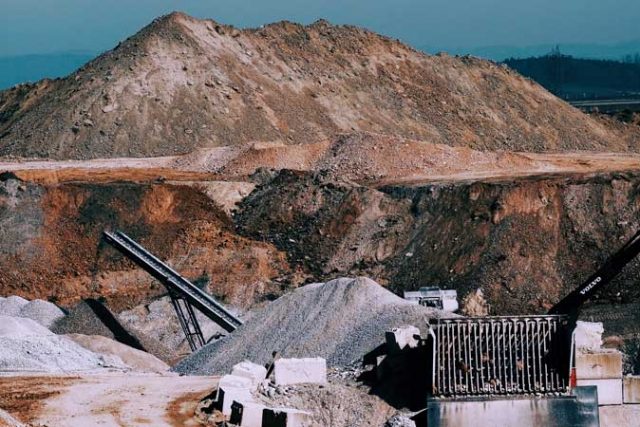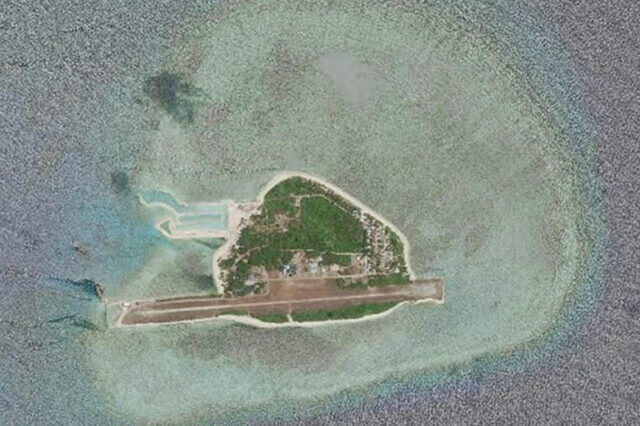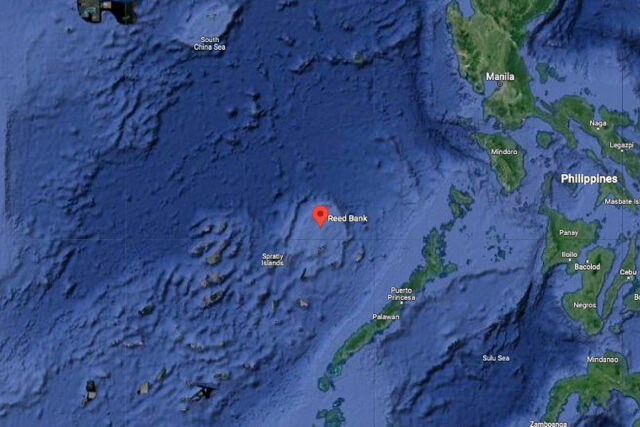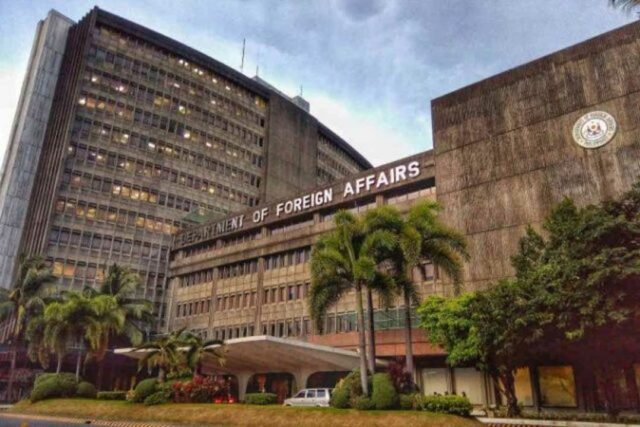By Sheldeen Joy Talavera, Reporter
ENERGY REGULATORY Commission (ERC) Chairperson and Chief Executive Officer Monalisa C. Dimalanta has submitted her “irrevocable resignation,” Malacañang confirmed on Monday.
Palace Press Officer Clarissa A. Castro told BusinessWorld via Viber that Ms. Dimalanta submitted an “irrevocable resignation.” She did not share the reasons cited by Ms. Dimalanta.
Industry stakeholders were taken aback by the resignation of Ms. Dimalanta, cutting short her seven-year term.
Ms. Dimalanta was appointed by President Ferdinand R. Marcos, Jr. in 2022. In August 2024, the Ombudsman ordered her preventive suspension following a complaint accusing her of grave misconduct, grave abuse of authority, and conduct prejudicial to the best interest of public service.
The President reinstated her after two months, citing the need to stabilize the country’s power sector.
“I’m so surprised when we heard the news. I’ve known Chairman Dimalanta, I consider her a good friend. She has definitely pursued her mandate as a regulator. I hope the best for her future endeavors,” Cynthia P. Alabanza, spokesperson of the National Grid Corp. of the Philippines (NGCP), said in a press briefing on Monday.
Asked on the impact of her resignation on NGCP’s rate reset applications, Ms. Alabanza believes that the government will ensure continued operations of the ERC.
“Even though there will be vacancies, I am sure that the government and administration will ensure that the crucial work is given to them and to ensure the continuous development of the energy industry as well as the balance, the interests will go on unhampered,” she said.
Prior to her appointment, Ms. Dimalanta, a practicing lawyer of more than 20 years, sat as the chairperson of the National Renewable Energy Board and laid the groundwork for the country’s updated 20-year National Renewable Energy Plan and the foundation for the Green Energy Auction Program, among others.
She also served as the legal counsel and compliance officer of Aboitiz Power Corp.
The Philippine Rural Electric Cooperatives Association (PHILRECA) expressed “profound regret” over the resignation of Ms. Dimalanta, saying it is “a great loss.”
“We value the harmonious working relationship we have established with Madam Chair and her office. Her departure is a great loss, particularly given the momentum we had built in our partnership,” PHILRECA Executive Director and General Manager Janeene Depay-Colingan said in a Viber message. “There are numerous crucial matters concerning our member ECs that we have already referred to her office and are due for discussion.”
Ms. Depay-Colingan said that the group is ready to work with the new chief who will be appointed.
“We look forward to establishing a new and equally productive relationship with the incoming Chair,” she said. “It is our hope that the next leader of the ERC will be an individual who is not only well-versed in the complexities of the energy sector but also has a genuine and unwavering advocacy for the member-consumer-owners of our electric cooperatives.”
Senator Sherwin T. Gatchalian, former vice-chairperson of the Senate energy committee, said that Ms. Dimalanta’s resignation is “a significant loss” to the government.
“Her unwavering commitment to integrity has been instrumental in steering the commission, and her dedication to consumer welfare and regulatory transparency set a high bar,” he said in a statement.
“I am hopeful that [Ms. Dimalanta’s] replacement will possess the same dedication to fair and effective governance in the energy sector, ensuring the welfare of consumers and the stability and development of the entire sector,” he added in Filipino.
Some industry stakeholders were concerned that Ms. Dimalanta’s resignation, coinciding with the retirement of two commissioners, would paralyze the ERC’s regulatory role.
“A regulator like ERC operating without a quorum is effectively paralyzed and unable to carry out its statutory duties. We all know the critical importance that ERC plays in setting electricity rates, enforcing industry standards and safeguarding consumer interests,” Jose M. Layug, Jr., president of the Developers of Renewable Energy for AdvanceMent, Inc., said via Viber.
In a statement, the Philippine Chamber of Commerce and Industry (PCCI) expressed the same concern that this could delay the release of key decisions that need to be addressed in the power sector.
“This move effectively deprives the Commission of a quorum to perform its regulatory role. The leadership vacuum will also delay key decisions regarding power tariffs, consumer protection and energy policies that will unfairly weigh on industrial and domestic consumers,” the group said.
PCCI Chairman George T. Barcelon said that the group collaborated with Ms. Dimalanta in addressing gaps in the energy sector.
“We are surprised too by her sudden resignation. Our past collaborations were always open and objective in addressing gaps in our power sectors’ policies and regulations,” Mr. Barcelon said via Viber.
Meanwhile, energy advocacy group People for Power Coalition (P4P) expressed gratitude for Ms. Dimalanta’s service and recognized the reforms she pushed.
“We recognize that despite difficult circumstances, she has managed to put reforms forward that served consumer interests. We wish her the best of luck in future endeavors,” P4P Convenor Gerry C. Arances said in a statement.
Mr. Arances said, however, that electricity rates “continued to rise on her watch.”
“Understanding that the ERC is a commission, we enjoin the two other commissioners, Commissioners Floresinda Baldo-Digal and Marko Romeo Fuentes, to follow the lead of Chairperson Dimalanta and submit their own courtesy resignations, thus giving President Ferdinand “Bongbong” Marcos a free hand to reorganize the commission and start from a clean slate if the administration accepts Chair Dimalanta’s submission,” he said. — with Chloe Mari A. Hufana













